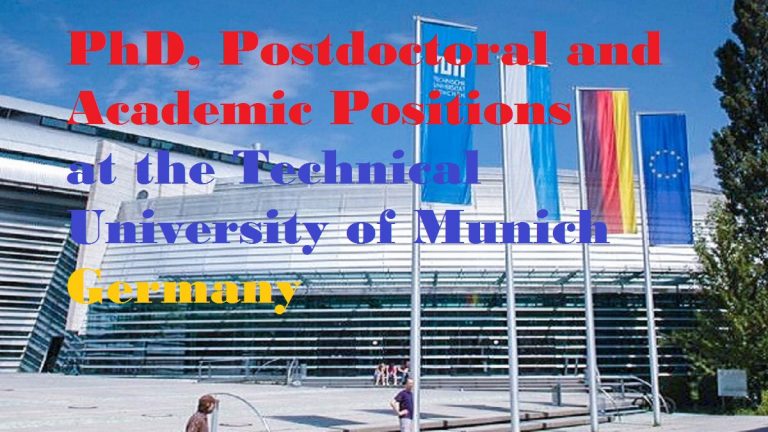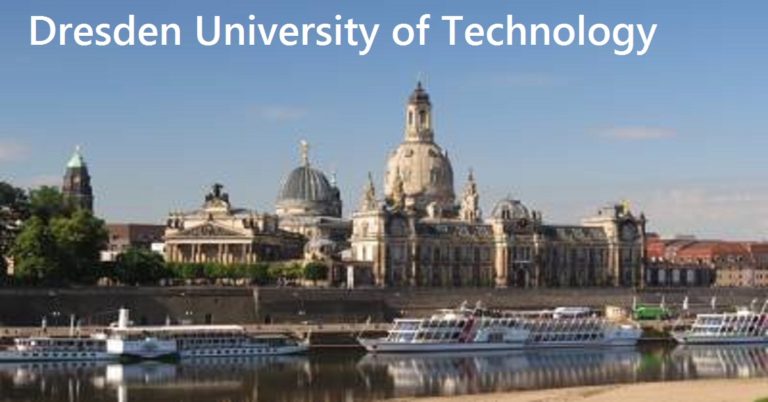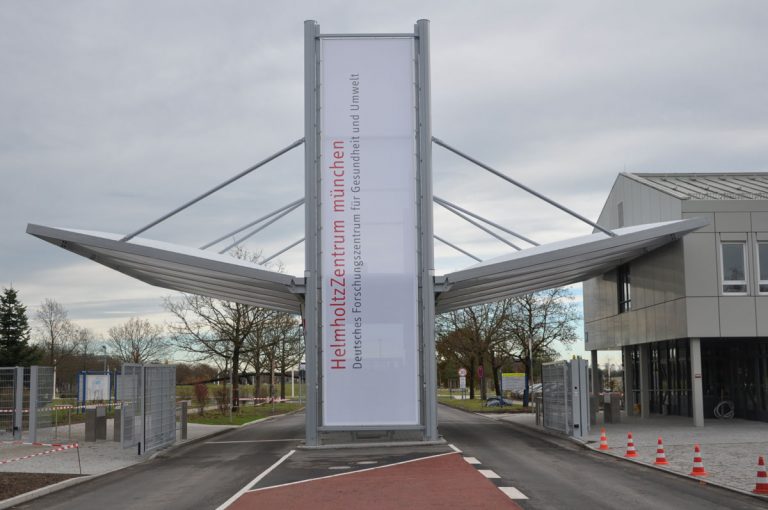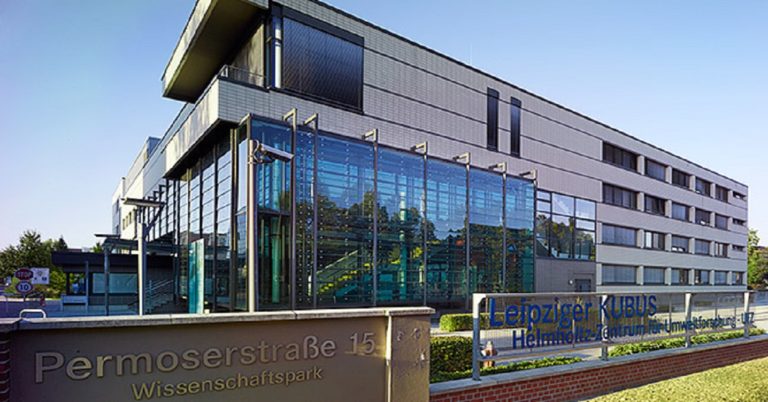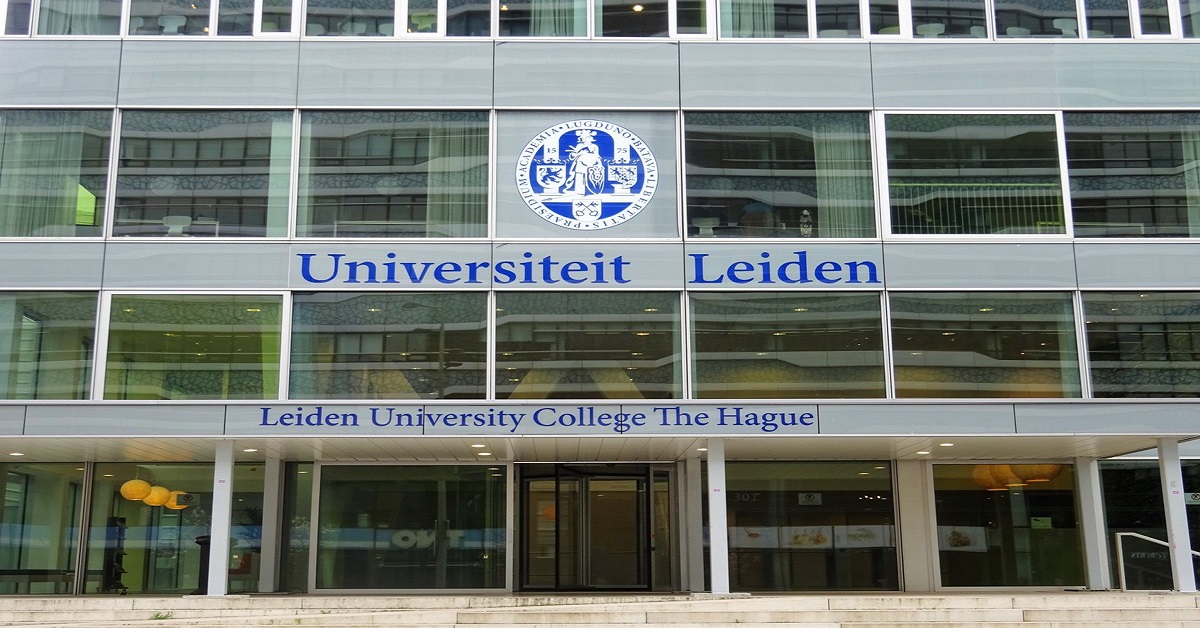
The Faculty of Science, Leiden Institute of Physics is looking for a:
Post-doctoral researcher, Chip-based platform for exploring the interface between quantum mechanics and general relativity
Vacancy number: 22-339
Project description
The project is funded by a European Research Council (ERC) Starting Grant. The project addresses one of the key challenges of modern physics: understanding the interface between quantum mechanics and general relativity. Recently, an experimental test was proposed that can directly witness the need to unify the two theories: observing quantum entanglement between objects that only interact through the gravitational field. A successful test would prove the existence of superpositions of space-time and have far-reaching implications on how we understand our world.
This project aims to develop and characterise an experimental platform that is compatible with the requirements for such a ‘entanglement through gravity’ experiment. The objectives of the research are to trap and levitate a picogram mass, cool its centre-of-mass motion to the quantum ground state, couple its motion to a controllable qubit system and, finally, produce and measure a spatial superposition of the mass.
Key responsibilities
- Design, fabricate, test and on-chip superconducting quantum devices
- Experimentally realize a levitation compatible setup at cryogenic temperatures.
- Publish academic papers and present at academic conferences;
- Communicating closely and effectively with the team members;
- Assist with teaching and student supervision;
- Provide daily supervision for PhD students on this project
The post-doc will work closely together with the PI and two PhD students, building a cryogenic measurement environment, setting up a new dilution refrigerator, designing, simulating and fabricating devices, and experimentally testing, characterising and measuring them.
Selection Criteria
- A PhD in physics on measurement of superconducting quantum devices, optomechanical devices, levitation of nanoparticles or a related subject.
- Excellent command of the English language coupled with excellent communication skills;
- Well-developed research skills;
- Excellent social skills in order to be able to work in a team environment.
- Previous experience in clean-room fabrication techniques or measurement of superconducting quantum devices are an advantage.
Research at our faculty
The Faculty of Science is a world-class faculty where staff and students work together in a dynamic international environment. It is a faculty where personal and academic development are top priorities. Our people are committed to expand fundamental knowledge by curiosity and to look beyond the borders of their own discipline; their aim is to benefit science, and to make a contribution to addressing the major societal challenges of the future.
The research carried out at the Faculty of Science is very diverse, ranging from mathematics, information science, astronomy, physics, chemistry and bio-pharmaceutical sciences to biology and environmental sciences. The research activities are organised in eight institutes. These institutes offer eight bachelor’s and twelve master’s programmes. The faculty has grown strongly in recent years and now has more than 2,300 staff and almost 5,000 students. We are located at the heart of Leiden’s Bio Science Park, one of Europe’s biggest science parks, where university and business life come together.
For more information, see https://www.universiteitleiden.nl/en/science and https://workingat.leiden.edu/
Terms and conditions
We offer a full-time appointment of initially one year, with an additional two-year extension after a positive evaluation of the progress of the research, personal capabilities and compatibility. Salary range from €2846,- tot €4490,- gross per month (pay scale 10 in accordance with the Collective Labour Agreement for Dutch Universities), respectively.
Leiden University offers an attractive benefits package with additional holiday (8%) and end-of-year bonuses(8.3 %), training and career development and sabbatical leave. Our individual choices model gives you some freedom to assemble your own set of terms and conditions. Candidates from outside the Netherlands may be eligible for a substantial tax break.
Leiden University is strongly committed to diversity within its community and especially welcomes applications from members of underrepresented groups.
Applications
To apply for this vacancy, please send an email to Bas Hensen (bas@hensenlab.org), with ‘Application post-doc’ in the subject line. Please ensure that you attach the following:
- A short motivation (max one page) on why you would like to join our group and about your research interests.
- A Curriculum Vitae, including publication list.
- Contact details of two previous/current supervisors who can be contacted for a reference.
Only applications received before 1st of September will be considered. The starting date of the position is relatively flexible (within the year of 2022, or start of 2023).
